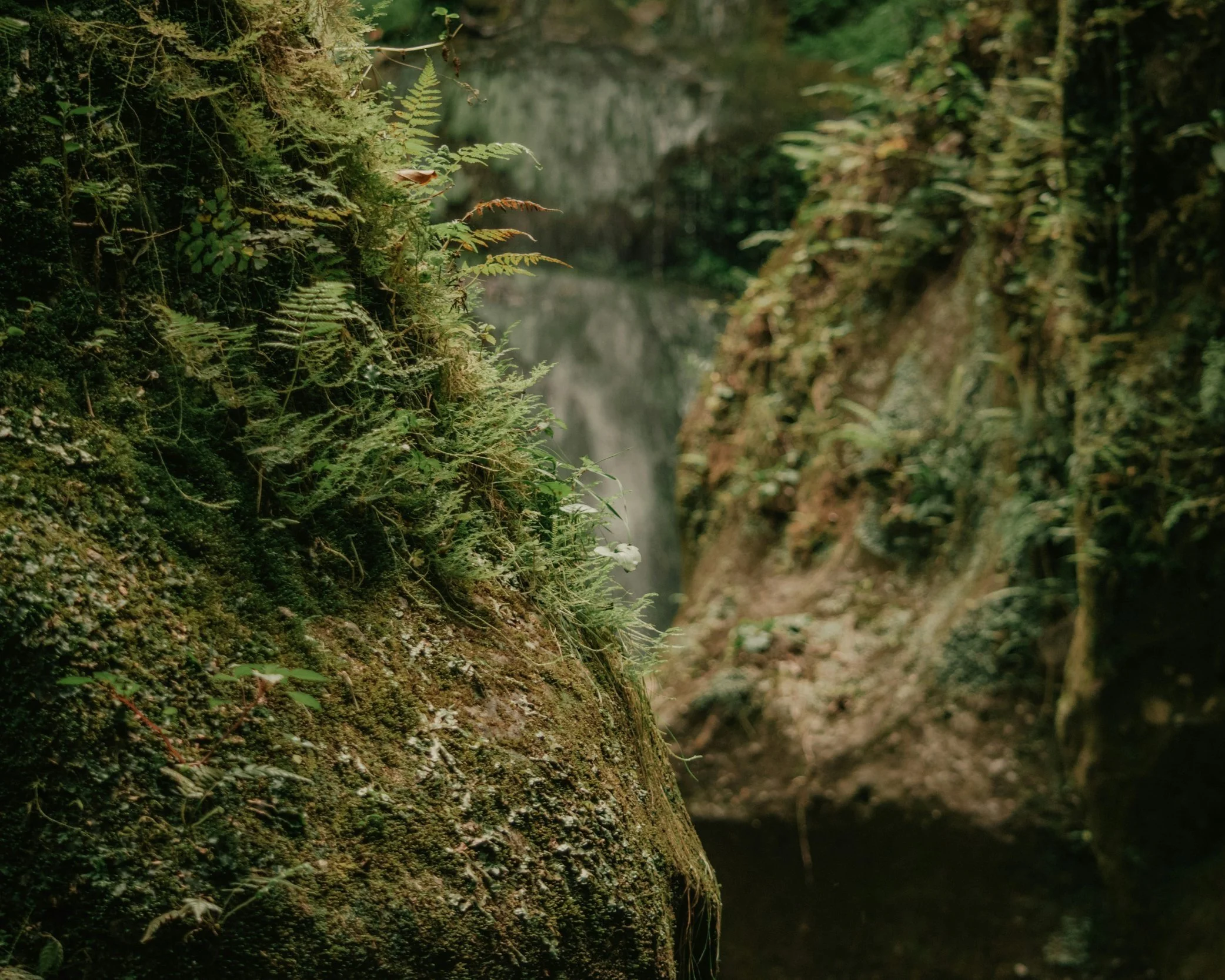By Camille Johnson
“You are worthy of happiness & peace of mind.”
You’ve probably heard the usual advice: meditate, exercise, journal. These staples work—but they aren’t the only routes to a healthier mind. Mental health is personal. And sometimes, what really helps isn’t a silent room and a breathing app, but a splash of cold water, a virtual forest, or a bench in the sun. If your usual routines aren’t cutting through the fog, here are six creative, research-backed ways to refresh your mind and stabilize your mood, with no yoga mat required.
Play Minecraft (No, Seriously)
Don’t dismiss gaming as escapism. Therapists are using platforms like Minecraft to help people—especially kids—build safe, creative environments where they can externalize difficult thoughts. In some sessions, clients create visual metaphors for stressors: mazes for anxiety, broken towers for grief. This concept of playing Minecraft to express emotions isn’t just imaginative—it’s clinically effective for many who find verbal talk therapy overwhelming.
Meditate Through Ink and Movement
If traditional stillness-based meditation feels impossible, consider alternatives that use motion and focus. Practicing East Asian calligraphy, for example, demands breath control, deliberate strokes, and sustained attention—all markers of mindfulness. Some mental health practitioners now teach meditation through the brush, where the ink becomes a vehicle for mental stillness and embodied calm. It’s tactile. It’s art. And for some, it’s more accessible than silence.
Create Art Without Knowing How to Draw
You don’t need a paintbrush or an MFA to express what you’re feeling. Generative tools like Adobe Firefly let you create vivid, complex images from simple prompts. Type in a few words—“how anxiety feels,” “my best self,” “peace in motion”—and watch it come to life. For many, this becomes a low-stakes way to explore emotions that are hard to articulate in conversation. A free AI art generator online offers not just novelty, but a canvas for self-reflection.
Forest Bathing Without the Hike
Known as shinrin-yoku in Japan, “forest bathing” involves immersing yourself in natural environments to reduce blood pressure, anxiety, and cortisol levels. But you don’t need a remote woodland trail. Studies show that even micro-doses of green—10 minutes under trees, a walk around an urban park—can help. The science is clear: time in nature lowers stress and increases cognitive clarity. Think of it as a nature prescription, no trekking boots required.
Shock Your System—Gently
Controlled cold exposure has gained traction as a mental reset tool. Whether it’s a brisk cold shower or dipping into a chilly lake, the practice has been associated with elevated mood, reduced inflammation, and better emotional regulation. Research suggests that cold water therapy relieves tension and can disrupt the loop of anxious rumination. It’s not a cure-all, but it’s a reset button that doesn’t rely on language.
Talk to a Stranger on a Bench
In Zimbabwe, a project known as the Friendship Bench has gained global attention for improving mental health using a humble tool: a public bench and an empathetic listener. Trained grandmothers provide problem-solving therapy to those who stop by, often in underserved communities with little access to clinical care. The lesson? You don’t need credentials to offer healing. Sometimes, the most powerful intervention is showing up with presence and practical conversation.
Explore Nature—Inside a Headset
Virtual reality isn’t just for gaming. In mental health studies, patients experiencing severe depression or chronic stress found relief by spending time in simulated forests, oceans, or mountaintops. These virtual reality nature experiences help regulate the nervous system, especially for people who cannot access real green space due to location, illness, or weather. AI-generated birdsong and simulated sunsets can still bring peace—and presence.
Mental health isn’t one-size-fits-all. What soothes one person might frustrate another. The good news? Relief can come from unexpected places. A controller, a brush, a cold faucet, a friendly face—all can be part of your mental wellness toolkit. Try what feels strange. Explore what resonates. You don’t need perfection, just momentum. And sometimes, that momentum begins on a bench, in a headset, or under the trees.
Unlock your potential and thrive with the science-backed strategies of positive psychology at My Best Self 101. Explore our resources and start your journey towards a flourishing life!
“In the middle of winter I at last discovered that there was in me an invincible summer.”




